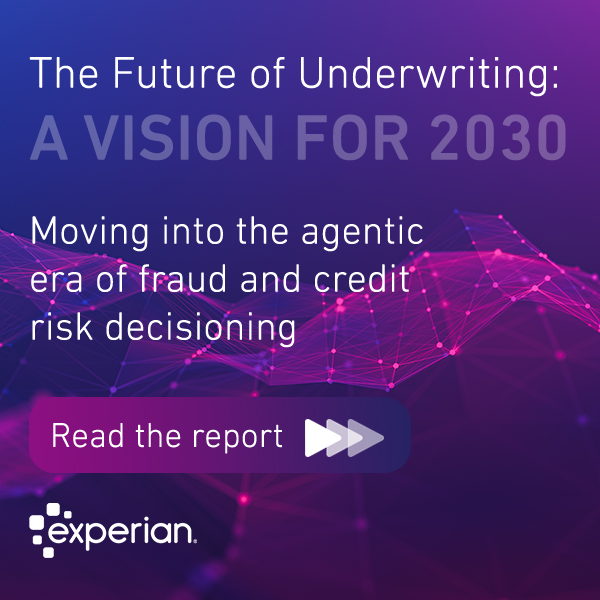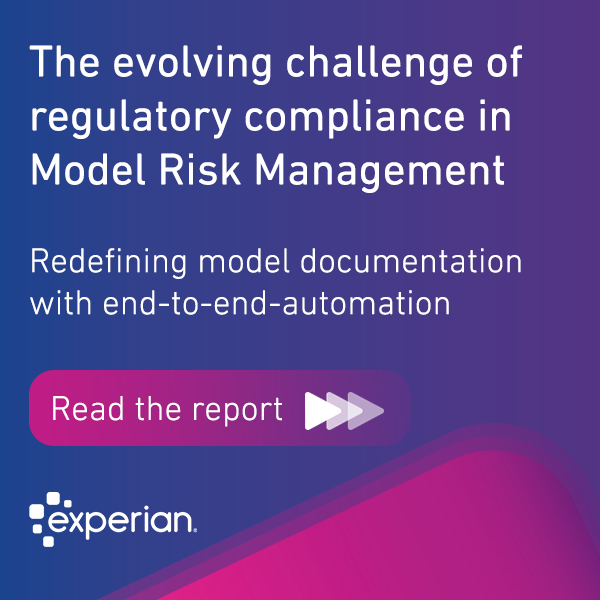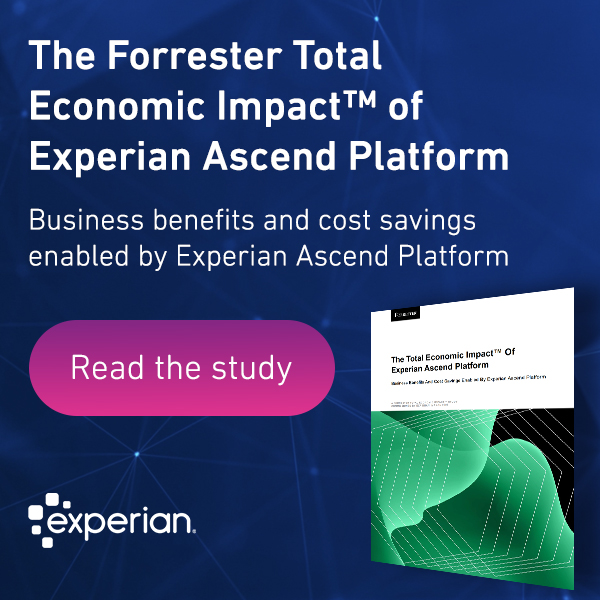
The need for advanced technologies, such as artificial intelligence, has surged in the wake of Covid-19. The strain of the pandemic on businesses and economies has created tension in operational models requiring a quick and dramatic response to this digital disruption. As transformation efforts continue, there are several considerations for the growing field of AI – including ethical AI, the need for diversity and gender balance, and striving to be consciously unbiased.
This final post in our “Game Changers: Women in AI” series takes a deep dive into AI careers. Our experts share important lessons on how to thrive, including having mentors and sponsors, staying relevant with new related skills, understanding problems to be solved, believing in yourself and actively seeking growth opportunities.
New to the Game Changers: Women in AI series?
Read Part 1 – Game Changers: Women in AI
Read Part 2 – Game Changers: Women in AI
Q: What advice would you give to help other women in AI thrive?
He: “I would suggest being brave. Don’t be afraid of trying new things. Sometimes we fear we cannot do something, but once you try it you find it’s not very difficult, you can do it. You can do it very well. So, I think the first thing is just try it. Don’t be afraid of making mistakes. If you go this route, be confident. Women are very smart and competitive, but they may not recognize how good they are.
Also, if you find that you may be interested in this area, find resources and see if this is something you want to dedicate yourself to. There are a lot of options online. Even a lot of the universities now offer their courses online. People also share code online, so there are lots of good resources to help you explore and start learning. Overall, remember to believe you can do it.”
Kazmi: “For everyone that wants to try AI, or if you’re already working here and want to remain in the industry and do good work, you have to keep yourself relevant — learning and keeping yourself updated with the newest research that’s happening. There is no end to learning in this field.
At the same time, you need to have business knowledge to truly understand a business problem statement and convert that to a data science problem statement, and then start developing solutions for it. I really think that women can be strong contributors in this regard by leveraging their management and analytical skills to bridge the gap between the two areas.”
Kung: “I think we all need to be ourselves and respect ourselves. You need to have a goal and work hard for it. I think it is the same for anyone who wants a successful career. You need to set a goal and work hard for it and you will achieve it. Really, it’s all about working hard.
Also, my experience in AI has included a lot of brilliant women, so I never really felt like this is a job for men vs. women. The truth is we want more people to understand what we are doing – that there are many great things we can do with data. It is not something to fear. It’s not this magical thing. It is statistics. It is computing. It’s coding. It’s everything good.”
Peters: “It’s so important to reach out and look for both mentors and sponsors, and this can be at any age. Mentors are our sounding boards to help with career development. There’s some overlap with sponsors, who are opening the doors and speaking about you on your behalf in order to accelerate the track to the next place that you want to be.
Mentors and sponsors are good starting from a very young age – and I think that’s a critical aspect of bringing more women along. Find these folks, make those connections, nurture those relationships, and have those mentors and sponsors. I really think that’s a key aspect. Also, women do not necessarily need their network to be all women. You need to find the best people positioned to help you in your journey.”
Stoddart: “Having a mentor is good, especially someone who’s more senior in your target field. And, it doesn’t necessarily have to be somebody who you’re working with or somebody who’s your boss. They can be from academia or a different company. It’s nice to have the outside perspective.
It’s also helpful to network – I’m using virtual events now. I’ve met a lot of women in data science through activities outside of my current role. There are so many opportunities beyond your day to day job. I try to have a few things going at once — I’ll mentor somebody, I’ll have a side project or volunteering, and my full-time job as well. For example, for the social enterprise I’m working with, I’m getting experience forecasting. It’s nice to give back, but it also makes you a stronger data scientist to work on these different projects.”
Q: Is there a person or experience you are grateful towards that helped set you on the path to where you are today?
He: “First, after graduation, I got a job in transaction analytics, detecting fraud transactions in credit cards. Essentially, it has the same goal as other projects, understanding human behavior from large amounts of data. That’s what amazed me and kind of drove me into this direction. After that, I got the job here at Experian and I was exposed to a lot of great innovations and projects.”
Kazmi: “In the eight and a half years I’ve been in the AI industry, I’ve had the opportunity to work with multiple organizations across different domains. Through this diverse experience, I’ve met and worked with women from different backgrounds both as leaders, as well as colleagues.
I’ve seen successful women leaders from all walks of life – from different educational backgrounds, whether from computer science, engineering, mathematics, or economics management, et cetera, or even differing nationalities and ethnicities. It has been impactful to see successful women leaders cutting across industries and localities.”
Kung: “Professionally, the person that I’m grateful to is my first boss. He was a teacher for me and taught me a lot. Everything that I am today, everything that I do at work, professionally, he was who trained me for it. When I think of the professional Jennifer, I always think of him.
I think in my whole career, everyone who was part of my path, they helped me somehow. Maybe in little ways, and maybe in some big ways, they all helped me.”
Peters: “There are so many people I am grateful to in my career. Overall, where I am today comes down to the opportunities I was given. I had the opportunity earlier on in a prior role to be exposed to big data and frameworks, an exciting precursor to my work with AI.
Today, when I think about my work with fraud and identity, AI is such a critical piece of that. And it’s becoming increasingly important as we apply these concepts into financial services. I’ve been able to join collaborative and innovative colleagues, fraud experts, in a unified quest to solve the fraud challenge.”
Stoddart: “I am grateful to the person who brought me into this department. He saw something in me, he understood that I really wanted to learn, and he created a position for me. They were not hiring for a data analyst at the time, so that was really energizing.
Also, I don’t look for positions that already exist, because if everybody applies for positions that exist, it’s limiting your scope. A lot of the things that I’ve obtained in my life, it’s because I’ve been a bit brave and asked for it. Even if it’s not there on a plate, here I am.”
Related stories:
- New Podcast from AI in Business: The evolution of the data business in the age of AI
- Game Changers: Women in AI (part 1)
- Game Changers: Women in AI (part 2)
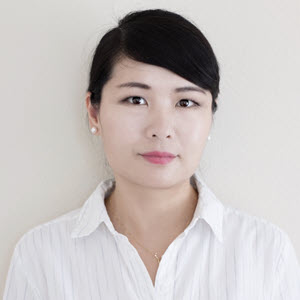 Yi He
Yi He
Yi He works as a data scientist in the Experian NA DataLab. She is dedicated to using machine learning and AI to extract information from large amounts of data to identify, understand and help people, and prevent fraud. She aims to bridge online and offline worlds by linking identity data from these unique sources.
With a focus on minimizing friction to customers, Yi’s work helps organizations identify synthetic identities to avoid fraudulent applications. Recently, she contributed to a Covid Outlook & Response Evaluator (CORE) Model – a “heat map” of geographic populations across the U.S. most susceptible to severe cases of Covid-19.
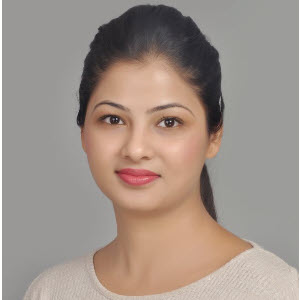 Deeba Kazmi
Deeba Kazmi
In her role as a data scientist at the Experian APAC DataLab, Deeba Kazmi is focused on solving business problems with analytics, including the development of consumer and small to medium enterprise credit risk models that leverage alternative data.
Deeba is passionately focused on leveraging AI to create solutions that can help address issues faced by developing markets. Most prominently, this work includes her data science leadership contributions to solving a crucial economic and societal problem – financial inclusion. This effort is helping disadvantaged socio-economic consumer groups gain access to vital credit and financial services by leveraging the power of technology to deliver better outcomes.
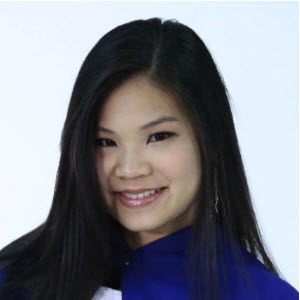 Jennifer Kung
Jennifer Kung
Jennifer Kung is an analytics consultant for Serasa Experian Decision Analytics, where she combines her knowledge of financial services with her data analysis expertise.
Jennifer aims to harness the power of data through robust, descriptive and predictive analytical solutions to help clients realize the benefits of the massive amounts of data available to them. She recognizes the magnificence in powering discoveries through data analysis and enjoys revealing these capabilities to businesses who can benefit from these robust, yet approachable solutions. Jennifer enjoys knowing that her work helps to simplify and accelerate decisions that consumers rely on at important times in their life.
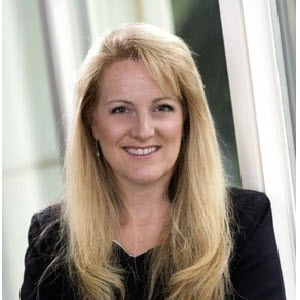 Kathleen Peters
Kathleen Peters
Kathleen Peters leads innovation and business strategy for Decision Analytics in North America. As the prior Head of North America Fraud & Identity business, Kathleen is well-recognized as an identity industry innovator, being named a “Top 100 Influencer in Identity” by One World Identity the last two years. As of 2020, Kathleen was named Chief Innovation Officer for Decision Analytics.
Kathleen and her team rely on the power of AI to continuously find new ways to solve customer challenges by defining product strategies, new paths to market and investment priorities. Underlying these efforts is a key focus on the ethical use of technology and the need to be consciously unbiased.
 Laura Stoddart
Laura Stoddart
Laura Stoddart is a physicist turned data scientist who works at the Experian DataLab in London. From her first exposure to AI, she recognized how quickly it can have an impact on the world, which has driven her to get and stay involved in the industry – both professionally and personally.
Laura’s recent work has focused on ethical AI, having recently contributed to her first paper addressing the removal of bias from models. In addition, she is concentrated on leveraging emerging datasets to evaluate risk. Outside the DataLab, Laura also volunteers her data science skills to good causes such as Bankuet and helps expose others to the world of AI through mentoring.


